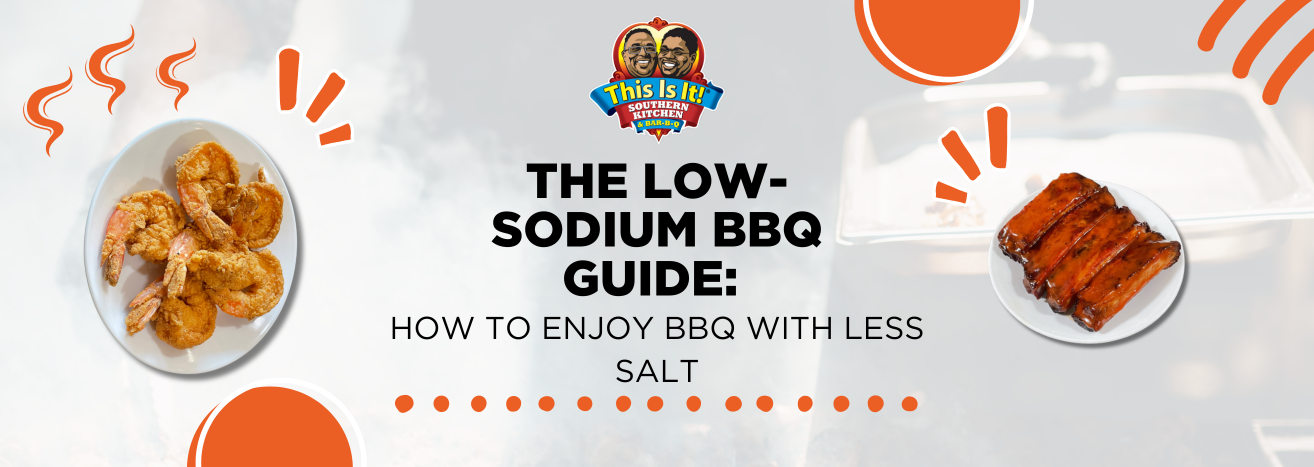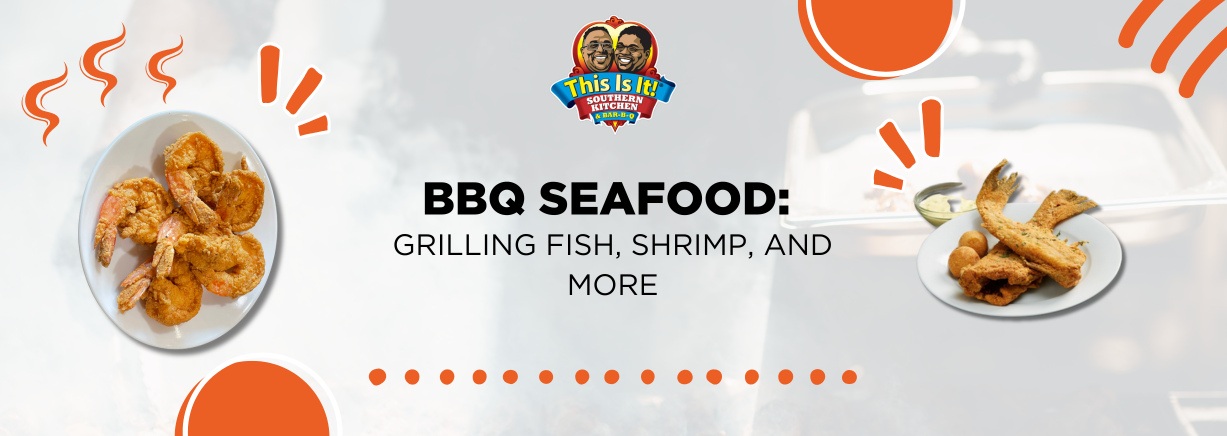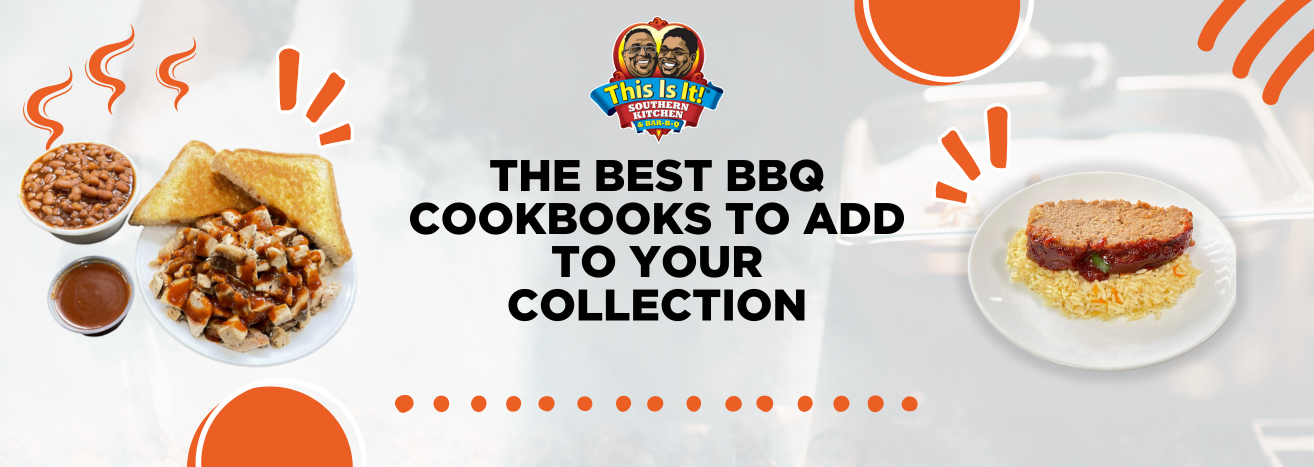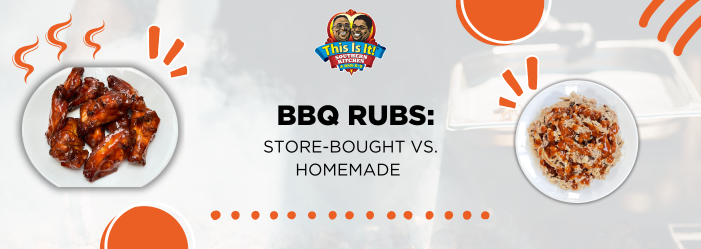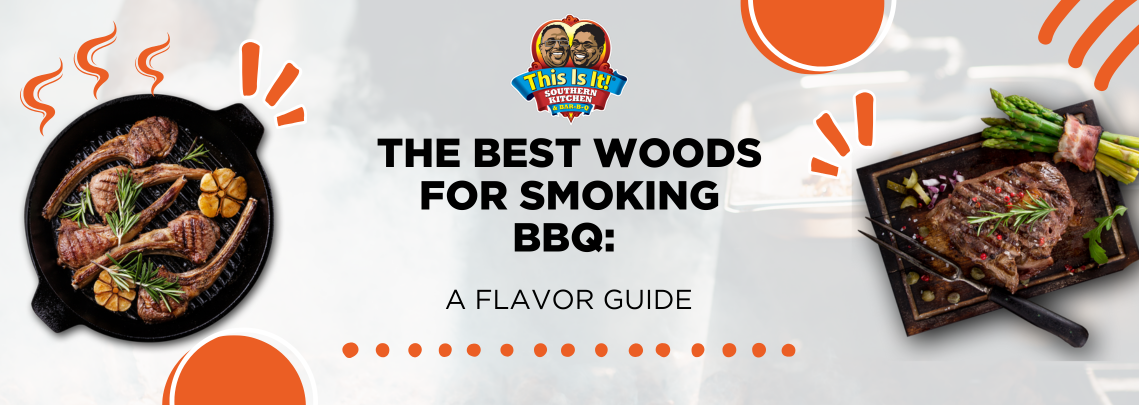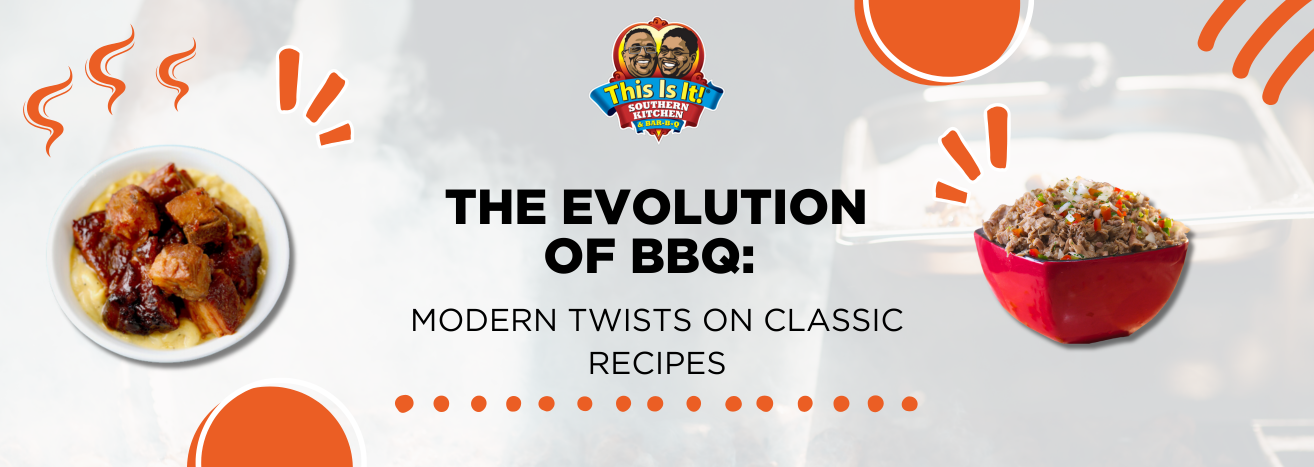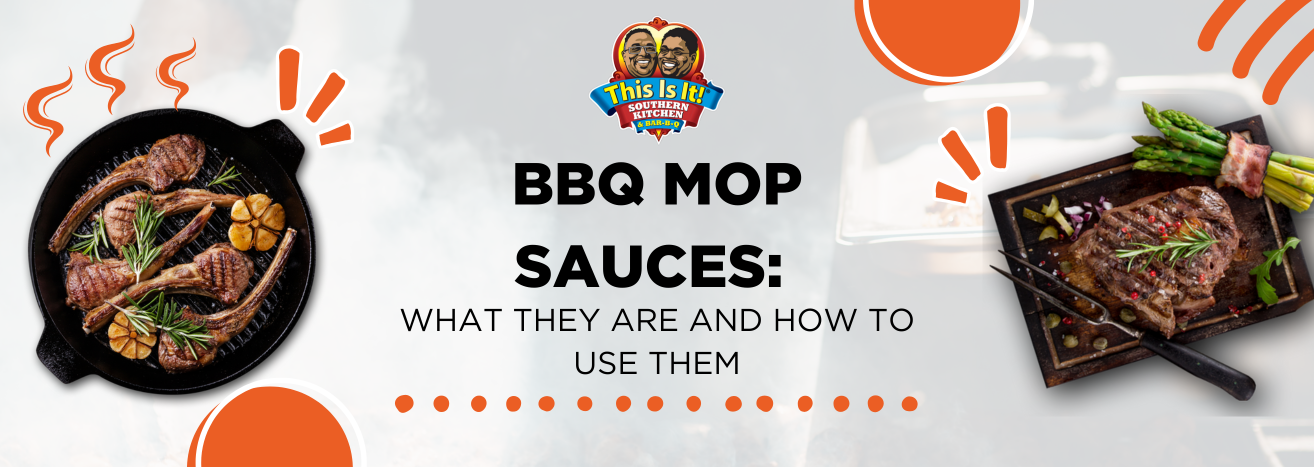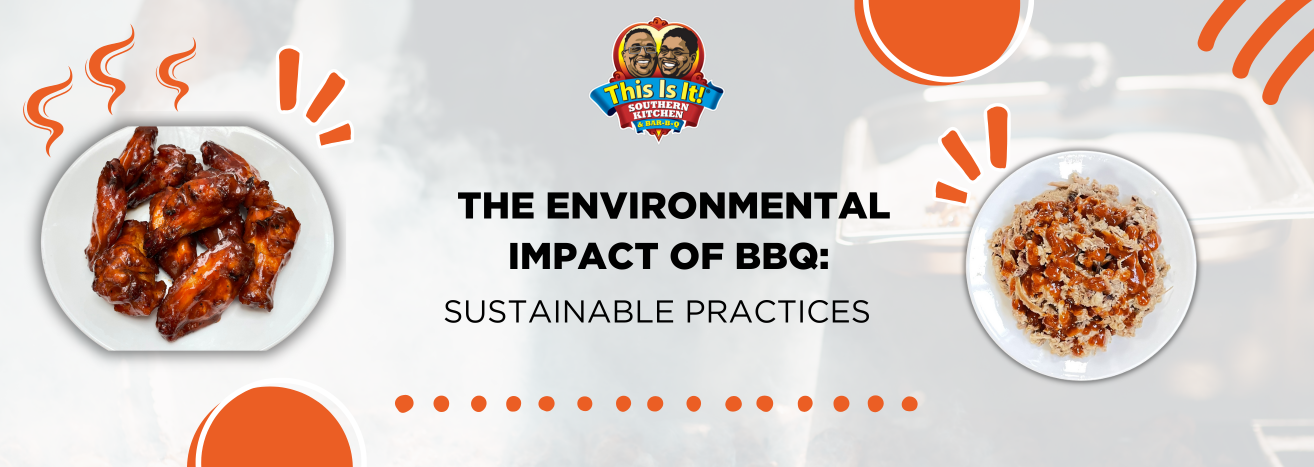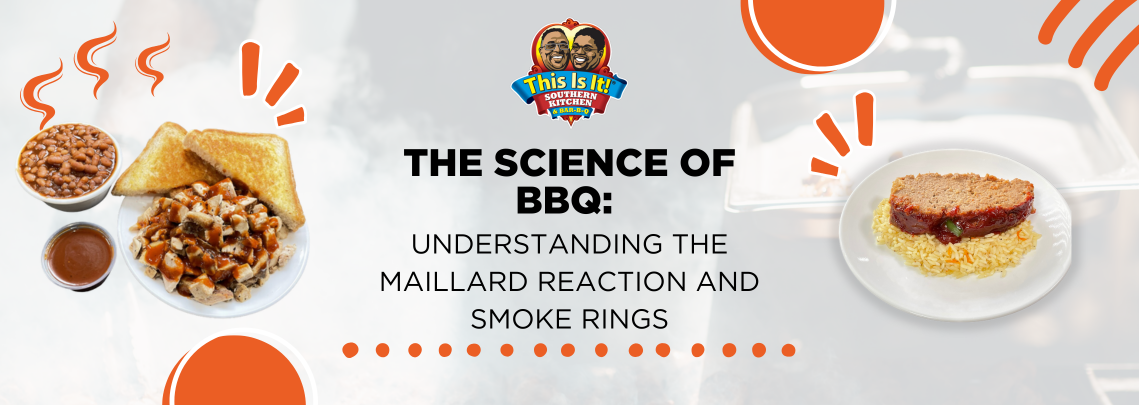The Art of Seasoning: How to make and use Seasoning
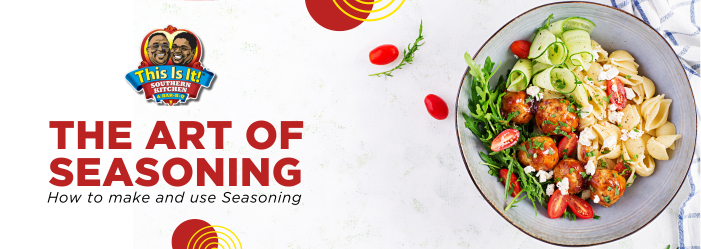
Table of Contents
- The Soulful Symphony: Spices and the Art of Southern Cuisine
- A History Steeped in Spice
- Beyond Flavor: The Functional Power of Spices
- Building a Symphony: Essential Southern Spices
- The Art of the Rub: My Signature Blends
- Southern Comfort Rub
- Honey Chipotle Rub
- The Magic Lies in the Mix
- The Art of the Rub: Beyond the Recipe
- Understanding Spice Profiles
- The Sweet Side of Smoke
- The Finishing Touch
- Beyond Meat: The Vegetarian Rub Revolution
- Highlighting Natural Sweetness
- Earthy Delights
- The Power of Herbs
Southern cooking is a tapestry woven with generations of tradition, cultural influences, and a deep respect for fresh, seasonal ingredients. But what truly elevates these dishes from simple sustenance to soulful feasts is the magic touch of spices. More than just flavor enhancers, spices in Southern cuisine are storytellers, whispering tales of resilience, resourcefulness, and the enduring human spirit.
A History Steeped in Spice
The South's love affair with spices began centuries ago. Early European colonists brought staples like black pepper, cinnamon, and nutmeg, forever altering the regional palate. However, the story goes beyond mere importation. The South's unique climate proved ideal for cultivating its own spice cabinet. Cayenne peppers, with their fiery kick, arrived from the Caribbean, adding a touch of the tropics to stews and gumbos. Allspice, a fragrant blend of nutmeg, cloves, and cinnamon, became a signature ingredient, gracing everything from roasted vegetables to fruit preserves.
Slavery also played a significant role in shaping Southern spice usage. West African cooking traditions, rich in chilies, ginger, and earthy spices like benne seed (sesame seed), were incorporated into Southern dishes. This cross-pollination of flavors resulted in the complex and nuanced spice profiles that define Southern cuisine today.
Beyond Flavor: The Functional Power of Spices
Spices weren't just about adding a flavor punch in the days before refrigeration. They served a vital purpose in food preservation. Salt, a natural preservative, found its way into everything from cured meats to pickled vegetables. Black pepper, with its antimicrobial properties, helped extend the shelf life of perishable ingredients. Spices like cloves and cinnamon also possessed antibacterial qualities, making them essential additions to the Southern kitchen.
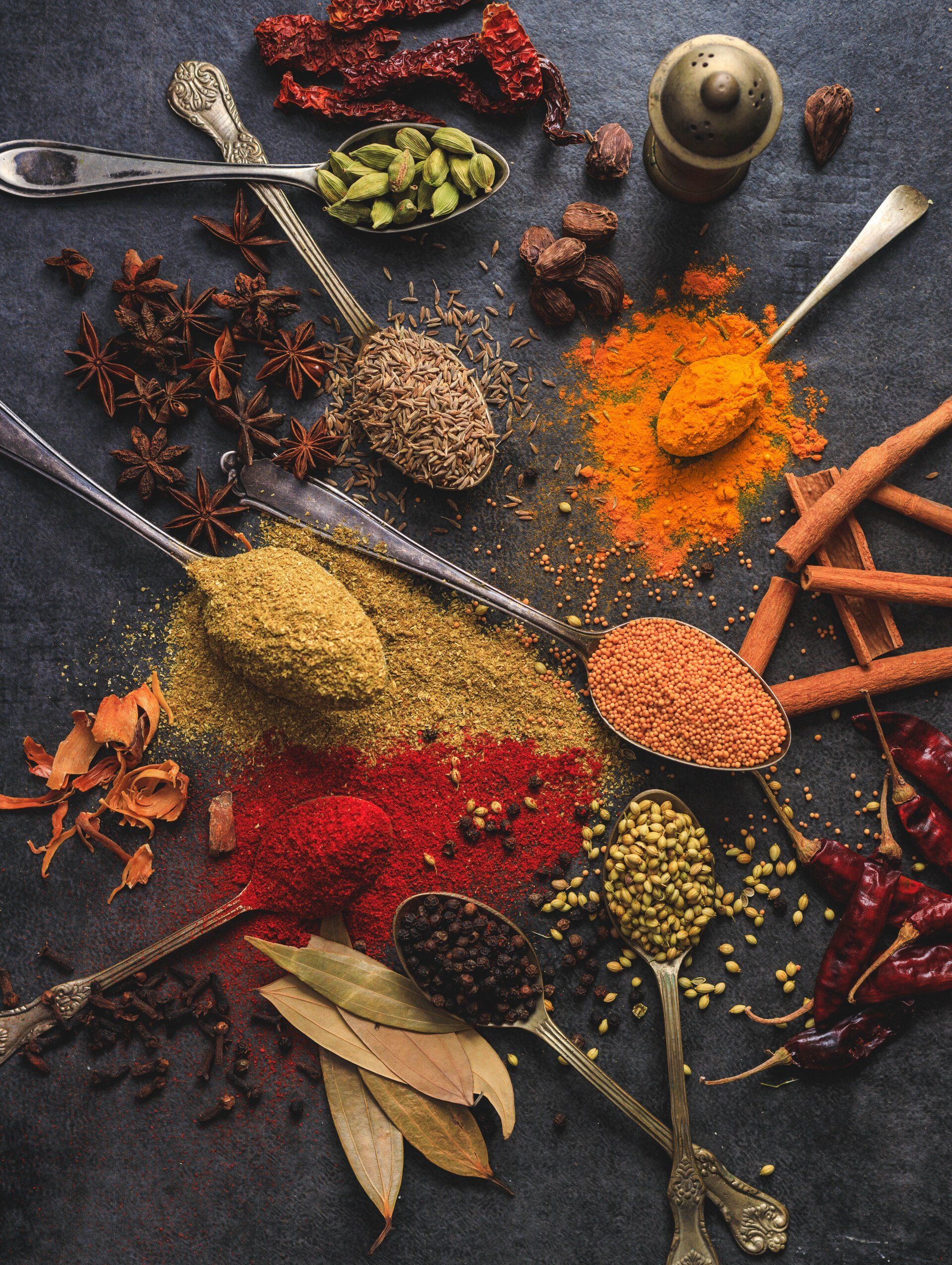
Building a Symphony: Essential Southern Spices
Southern spice blends are not about overwhelming heat or singular notes. They are a harmonious orchestra of flavors, each spice playing a vital role in the overall composition. Here are some of the key players:
- Black Pepper: The ubiquitous workhorse, adding depth and warmth to nearly every dish.
- Cayenne Pepper: From a gentle simmer to a fiery blaze, cayenne provides the South's signature heat.
- Paprika: Smoked or sweet, paprika adds a touch of smokiness and a vibrant red hue.
- Garlic Powder & Onion Powder: These concentrated forms bring savory complexity without the hassle of chopping fresh vegetables.
- Thyme & Oregano: Earthy and herbaceous, these dried herbs lend a touch of the Mediterranean to Southern dishes.
- Allspice: A one-stop shop for warmth, allspice offers notes of cinnamon, nutmeg, and cloves.
- Bay Leaf: This fragrant leaf adds subtle depth and aroma to stews and braises.
- Cayenne Pepper Flakes: For a vibrant red pop and a touch of heat, these flakes add visual and textural interest.
The Art of the Rub: My Signature Blends
As a pitmaster and purveyor of Southern flavors, I've spent years experimenting with spice combinations to create unique and versatile rubs. Here are two of my signature blends that showcase the versatility of spices in Southern cooking:
- Southern Comfort Rub: This all-purpose blend is a perfect starting point for grilling, roasting, or smoking. It features smoked paprika for a touch of smokiness, balanced with the warmth of garlic powder, onion powder, and black pepper. A hint of cayenne pepper adds a subtle heat, while thyme and oregano provide a touch of herbaceousness. This rub is perfect for chicken, pork, seafood, and even vegetables.
- Honey Chipotle Rub: This sweet and smoky blend is ideal for meats that benefit from long, slow cooking. Rich brown sugar and honey offer a touch of sweetness, while chipotle powder adds a deep smoky flavor with a hint of heat. Ground cumin and coriander add warmth and complexity, while garlic powder and onion powder round out the savory profile. This rub is a fantastic choice for ribs, pulled pork, and brisket.
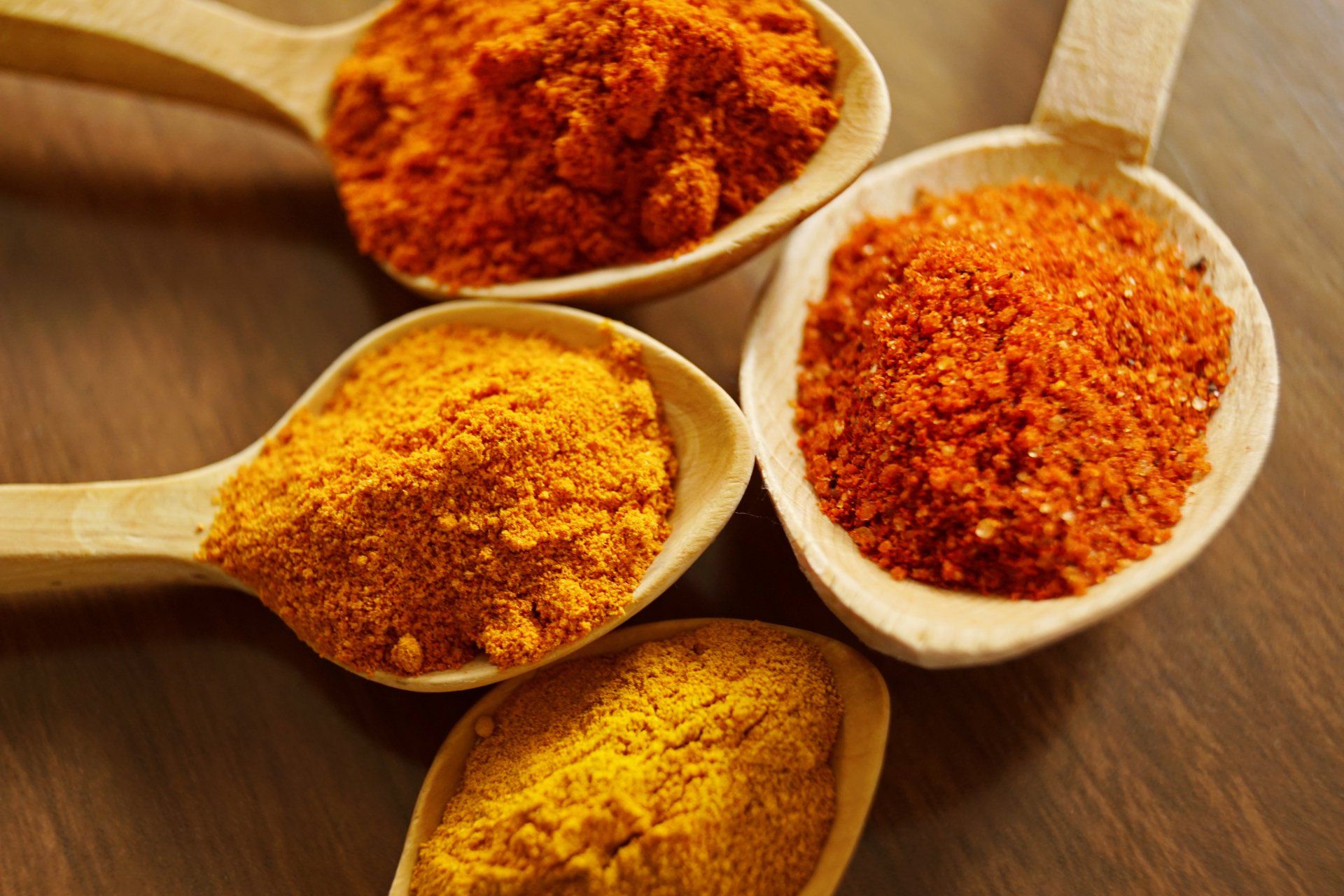
The Magic Lies in the Mix
While these are just a starting point, the true beauty of Southern spices lies in their adaptability. Don't be afraid to experiment! Here are some tips for creating your own signature rubs:
- Start with a base: Black pepper, garlic powder, onion powder, and paprika are great foundations.
- Add heat: Cayenne pepper, chipotle powder, or even a touch of ghost pepper can bring the heat.
- Introduce smokiness: Smoked paprika, chipotle powder, or even a sprinkle of smoked salt add a campfire-like depth.
- Spice it up!: Experiment with cumin, coriander, turmeric, or even a touch of fennel for an exotic twist.
- Balance is key: Don't overpower the natural flavors of your protein. Taste as you go and adjust the quantity
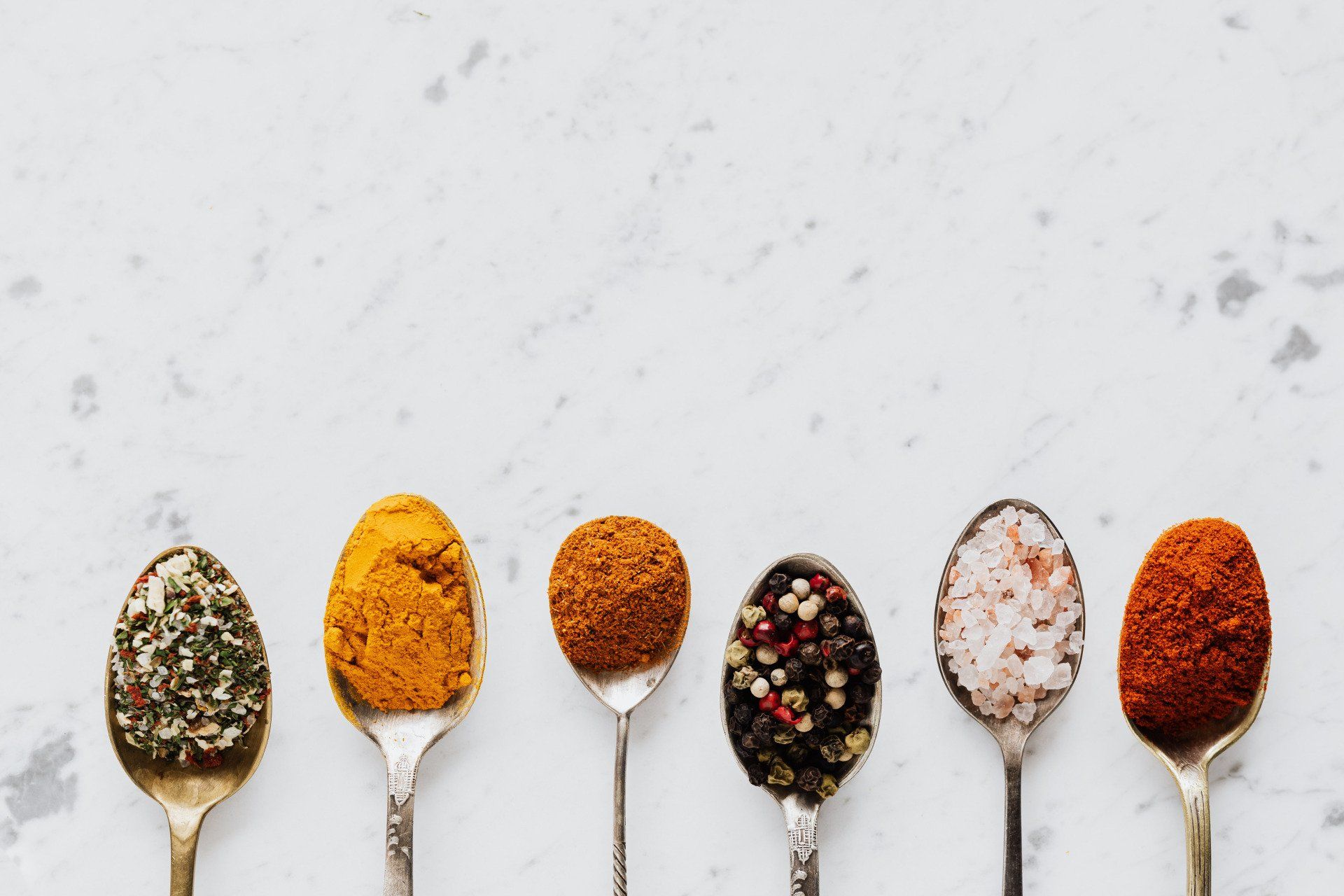
The Art of the Rub: Beyond the Recipe
While recipes provide a roadmap, mastering the art of the rub is about understanding the language of spices and using them to tell your own culinary story. Here's how to elevate your rubs from formulaic to flavorful:
- Understanding Spice Profiles: Spices can be broadly categorized by their flavor profile. For example, black pepper and cayenne pepper both bring heat, but black pepper offers a more complex warmth, while cayenne provides a direct fiery kick. Experiment with different heat sources like chipotle powder (smoky heat), jalapeño powder (bright heat), or even ghost pepper flakes (extreme heat) to create a nuanced heat profile.
- The Sweet Side of Smoke: Smoked paprika adds a wonderful depth of flavor, but explore other avenues of smokiness. Guajillo pepper, a staple in Mexican cuisine, offers a fruity smokiness, while ancho chilies provide a deep, chocolaty smoke. Consider incorporating smoked chilies directly into your rub or toasting spices in a dry pan over medium heat to unlock their smoky potential.
- The Finishing Touch: A final flourish can elevate your rub from good to great. Citrus zest, like lemon or orange, adds a burst of brightness that cuts through the richness of meats. Freshly cracked black peppercorns add a delightful textural contrast and a potent aromatic pop. For a touch of luxury, try incorporating gourmet salts like smoked sea salt or black lava salt.
Beyond Meat: The Vegetarian Rub Revolution
Spices are not just for meat lovers! Vegetables can take on a whole new life with the right rub. Here are some tips for creating vegetarian rubs:
- Highlighting Natural Sweetness: Vegetables like carrots, beets, and sweet potatoes have a natural sweetness that can be accentuated with spices like cinnamon, ginger, and allspice. A touch of brown sugar or honey can further enhance this sweetness.
- Earthy Delights: Mushrooms, eggplant, and zucchini benefit from earthy spices like cumin, coriander, and smoked paprika. These spices add depth and complexity, mimicking the richness often associated with meat.
- The Power of Herbs: Fresh or dried herbs like rosemary, thyme, oregano, and basil are a natural fit for vegetables. They add a brightness and freshness that complements the inherent vegetal flavors.
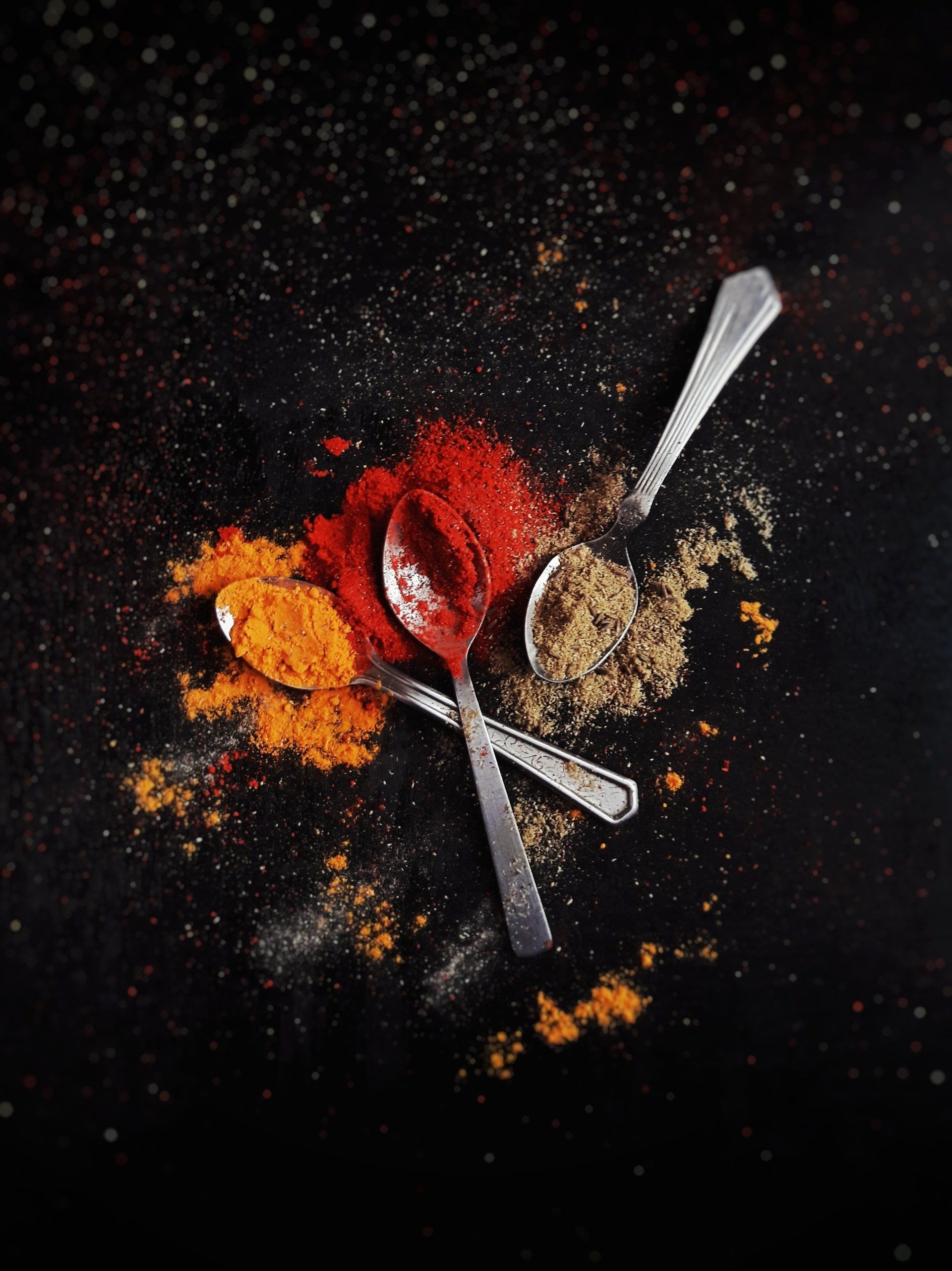
Signature Rub Recipe: Bourbon Peach Glaze
This rub is a perfect illustration of venturing beyond the traditional. Ideal for grilled chicken or pork, it combines the smoky sweetness of paprika with the bright acidity of peaches and the warming notes of bourbon.
Ingredients:
2 tablespoons smoked paprika
1 tablespoon light brown sugar
1 tablespoon granulated garlic
1 tablespoon granulated onion
1 teaspoon ground ginger
1/2 teaspoon ground coriander
1/4 teaspoon cayenne pepper
1/4 teaspoon dried thyme
Kosher salt to taste
Freshly cracked black pepper to taste
1/4 cup bourbon (optional)
1/4 cup pureed peaches (fresh or canned)
Instructions:
Combine all dry ingredients in a bowl and whisk to incorporate evenly.
To create a glaze, whisk together bourbon and pureed peaches in a separate bowl.
Apply the rub liberally to your protein of choice.
During grilling or smoking, brush the glaze periodically onto the meat for added moisture and flavor.
This recipe is just a starting point. Feel free to experiment with different fruits, spirits, and spices to create your own signature vegetarian rubs.
The Final Note: Trust Your Palate
The beauty of Southern cooking lies in its inherent flexibility and room for improvisation. Don't be afraid to break the rules, experiment with flavors, and trust your taste buds. After all, the most important ingredient in any rub is your own culinary creativity. So grab your spices, get mixing, and embark on your own flavorful journey through the soulful world of Southern cuisine.
